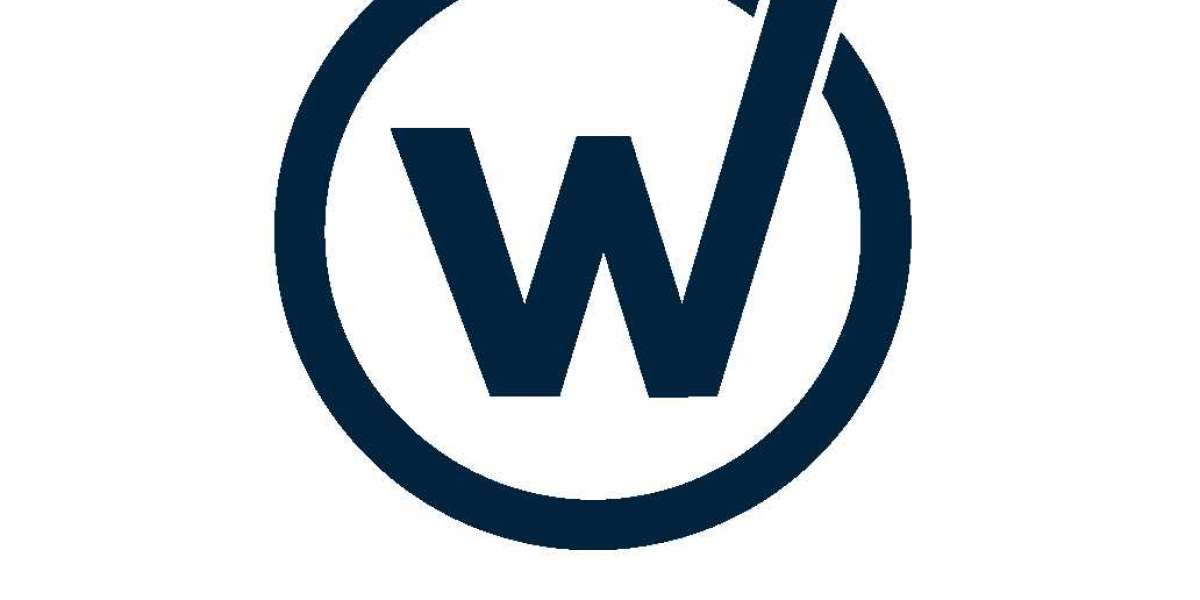In India, the pursuit of advanced epilepsy treatment has seen significant strides, making the country a beacon of hope for those grappling with this condition. With a multidisciplinary approach, cutting-edge medical facilities, and renowned healthcare professionals, India stands at the forefront of epilepsy management.
Diagnosis and Evaluation:
The journey towards effective epilepsy treatment in India often begins with a meticulous diagnosis. Neurologists and epileptologists conduct comprehensive assessments, considering medical histories, conducting neurological examinations, and employing diagnostic tools like electroencephalograms (EEG), magnetic resonance imaging (MRI), and other imaging studies. Accurate diagnosis lays the foundation for tailored treatment plans.
Medication Management:
Antiepileptic medications play a pivotal role in controlling seizures and improving the quality of life for individuals with epilepsy. In India, a wide array of advanced medications is available to address various types and intensities of seizures. The selection of the most appropriate medication is personalized, taking into account the patient's specific condition and response to treatment.
Leading medical institutions in India, such as All India Institute of Medical Sciences (AIIMS), Christian Medical College (CMC), and Apollo Hospitals, are known for their expertise in medication management. Regular monitoring and adjustments are made to optimize efficacy while minimizing side effects.
Surgical Interventions:
For cases where medication alone may not provide sufficient control, epilepsy surgery becomes a viable option. India has witnessed remarkable advancements in epilepsy surgery, with specialized procedures like temporal lobectomy, hemispherotomy, and corpus callosotomy being performed by skilled neurosurgeons.
These surgical interventions aim to remove or disconnect the epileptic focus, preventing the spread of abnormal electrical activity in the brain. Noteworthy institutions in India, equipped with state-of-the-art surgical facilities, ensure that patients receive world-class care and expertise in epilepsy surgery.
Ketogenic Diet:
In recent years, the ketogenic diet has gained recognition as a complementary therapy for epilepsy. This high-fat, low-carbohydrate diet induces a state of ketosis, altering the brain's metabolism and reducing seizure activity. Expert dietitians in India work closely with patients to customize ketogenic diets, ensuring nutritional balance while optimizing its therapeutic effects.
Lifestyle Modifications:
Beyond medical interventions, lifestyle modifications play a crucial role in epilepsy management. Indian healthcare professionals emphasize the importance of maintaining a healthy lifestyle, including regular sleep patterns, stress management, and adherence to prescribed medications. These holistic approaches contribute to overall well-being and may complement medical treatments.
Supportive Therapies:
Psychosocial support is integral to comprehensive epilepsy care. Support groups, counseling services, and educational programs are readily available in India to assist individuals and their families in coping with the challenges associated with epilepsy. Creating awareness and fostering a supportive community contribute significantly to breaking down stigmas surrounding the disorder.
Telemedicine in Epilepsy Care:
India has embraced telemedicine as a means to enhance accessibility to epilepsy care, particularly for individuals residing in remote areas. Teleconsultations allow patients to connect with epilepsy specialists, receive follow-up care, and address concerns without the need for physical travel. This innovation has proven crucial, especially in times when mobility may be restricted.
Conclusion:
The landscape of epilepsy treatment in India reflects a commitment to excellence, blending traditional care with modern advancements. The collaborative efforts of neurologists, epileptologists, neurosurgeons, and allied healthcare professionals ensure that individuals with epilepsy receive comprehensive and personalized care.
As India continues to invest in research, technology, and medical infrastructure, the nation stands as a shining example in the global pursuit of effective epilepsy treatment. With a focus on inclusivity, accessibility, and cutting-edge interventions, India emerges as a beacon of hope for those navigating the complexities of epilepsy.








